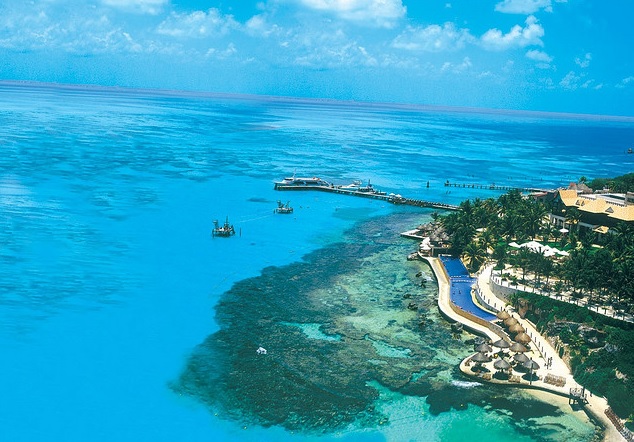How we use thousands of satellite images to monitor mangroves
by Nicolas Younes and Estefania Erazo-Mera Continue reading How we use thousands of satellite images to monitor mangroves
Science news out of Latin America
by Nicolas Younes and Estefania Erazo-Mera Continue reading How we use thousands of satellite images to monitor mangroves
by Luis Armando Pagan Quinones In recent years, Latin America has experienced sustained economic and population growth. Due to this growth, energy demand in Latin American countries continues to rise and governments will need to develop a strategy to meet their energy needs in sustainable ways. The World Bank and the International Energy Agency … Continue reading Latin America: More than 50,000 kilometers of coastline of offshore wind potential
by Félix Moronta Tropical diseases are just some of the multitude of problems that beset us the people of Latin America and the Caribbean. The hot and humid climate throughout the year is conducive to insects that carry parasites, bacteria or viruses. Diseases such as malaria, Chagas, leishmaniasis, schistosomiasis, onchocerciasis, dengue and many more are endemic to these … Continue reading With close to a quarter million cases, chikungunya disease is surging through the Caribbean. Is South America next?
ANTARCTICA
Rising water temperatures will reduce the extent of krill habitat in Antarctica, say researchers.
ARGENTINA
A robot has been created by scientists in Mendoza for watering gardens. The system uses a similar technology to that used to detect movement in video games and moves around the garden on three wheels.

The Argentine Council for Information and Development of Biotechnology (ArgenBio) celebrates ten years of continuous broadcasting about biotechnology. Its educational program “Why Biotechnology” has trained more than 13,000 teachers across the country and worked with public and private entities in developing biotechnology in Argentina and Latin America.
BRAZIL
The Boticario Foundation for Nature Protection has launched a campaign aimed at the general public to raise awareness about the endangered jaguar (Panthera onca) which inhabits the Pantanal (a wetlands shared by Argentina, Brazil and Bolivia).
CARIBBEAN
80% of Caribbean coral reefs have been lost for many reasons, one being the attack of a bacterium that kills the coral. Eugene Rosenberg, a scientist at the University of Tel Aviv, identified phages that can control the bacterial attack and recover reef health. Continue reading “A bacterium hurting coral reefs in the Caribbean, a farmers strike in Colombia, and a tomb found in northern Peru.”
ARGENTINA A group of scientists from Argentina and the United States conducted GPS measurements to determine the new height of Mt. Aconcagua as 6960.8 meters above sea level. This research is part of an international study of the Central Andes whose main objective is to measure changes in the Earth’s crust. Certain lipids present in … Continue reading Rare hermit crab species found in the Caribbean, obesity growing in Latin America, and Amazon indigenous groups threaten war in Brazil.
ARGENTINA Climate change is affecting species in Patagonian lakes, according to a new study published in the journal Global Change Biology. Over two years, the researchers looked at how glacial meltwater induced a shift in nutrients for Boeckella gracilipes and Daphnia commutata living in Lake Mascardi near Bariloche, Argentina. Manure generated from livestock feedlots could … Continue reading Harvard accused of illegal logging in Chile, climate change affecting Patagonian lakes, and fishermen practicing citizen science in the Galapagos.
ARGENTINA Argentine researchers have developed a probiotic powder which includes bacteria of the genus Lactobacillus. This additive, which can be preserved up to a year with refrigeration, can be added to foods and liquids to “help with the nutritional deficiencies of the most vulnerable such as children and the elderly,” said the scientists from the … Continue reading Developing probiotics in Argentina, using bees to pollinate coffee in Colombia, and the toxic effects of dispersants on coral in the Gulf of Mexico.